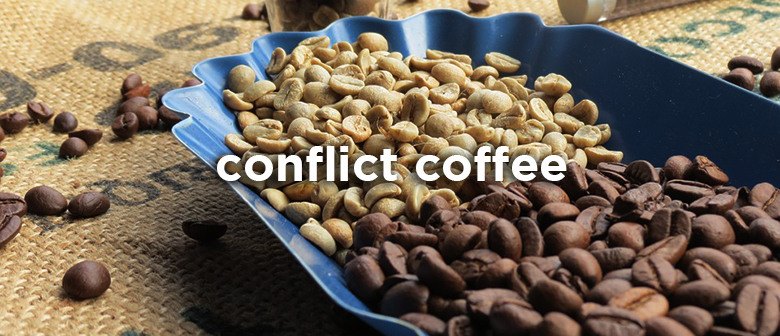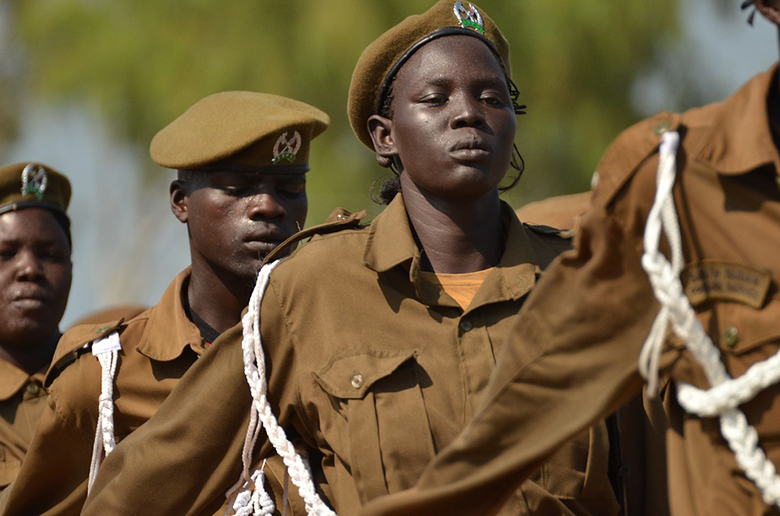Conflict coffee: Our increasing desire for speciality coffee

The Hipster need for the rarest and most rural-grown coffee has seen a boom in roasters seeking beans from some of the most war-torn nations on Earth.
Premium beans are constantly increasing in popularity, the trend looks set to continue, and so roasters are looking even further for some of the most exclusive crops available.
Former conflict areas, where tensions still run high and even some active conflict zones are now becoming prime coffee growing locations…
People like to know where their coffee comes from, with the world becoming an increasingly smaller place avenues have opened up for even the most remote portions of the globe.
This demand and surge in popularity in the ‘craft-style’ movement, is a benefit to those in these increasingly remote areas, with some of the world’s best growing regions unfortunately being located in some of the most tempestuous and volatile areas.
Of course, these new frontiers are going to pose risks for roasters who want to add the beans to their portfolios.
Are we as coffee suppliers the part of the problem or is the consumer desire? Or is it the very quality of the beans and the conflict that is the problem? Well, it’s actually bit little of each.
“People like to know where their coffee comes from to be inspired,” Richard Hide, head of trading and marketing at Twin, a UK development NGO, with projects in Rwanda and the Democratic Republic of Congo (DRC), told the Financial times. Adding that “it wouldn’t work without the quality” of the beans.
Consumers in developed markets around the world are more willing to pay for us roasters to search for beans from increasingly more exotic worldwide locations.

The South Sudanese Army constantly tackles conflict.
Of course, the higher the risk, the greater the distance, the more steep the costs. Development investment and logistics are unfortunately quite costly.
American coffee suppliers Blue Bottle, offer a very limited amount of coffee grown in the civil-war torn Yemen for $173 per pound.
Scarce availability and greater risk of course have increased the pricing of the beans.
The problems occur as coffee grown on the very fringes of conflict zones, such as South Sudan, can be a doubled-edged sword for both us the retailer and the consumer.
It’s good to support growers within these regions, but the complexity of the conflicts and situation of those living within these regions causes problems for how farm development or development projects are funded in a viable manner.
Having a small group benefit from subsdised coffee by charities or via higher prices is not a solid long-term solution. South Sudanese farmers are often driven from their land due to fighting or military intervention within their region, with very few being able to return to their land.
As much as we are all for helping these growing regions and their farmers, there is no right or wrong answer when supporting or choosing not to support these areas.
Whilst we do not currently stock coffee from South Sudan, we hope that one day peace will enable those farmers to open up the market to their fantastic coffee.
